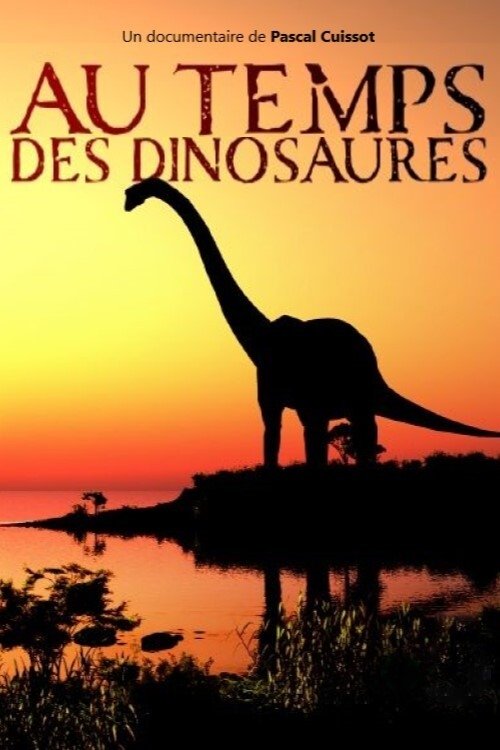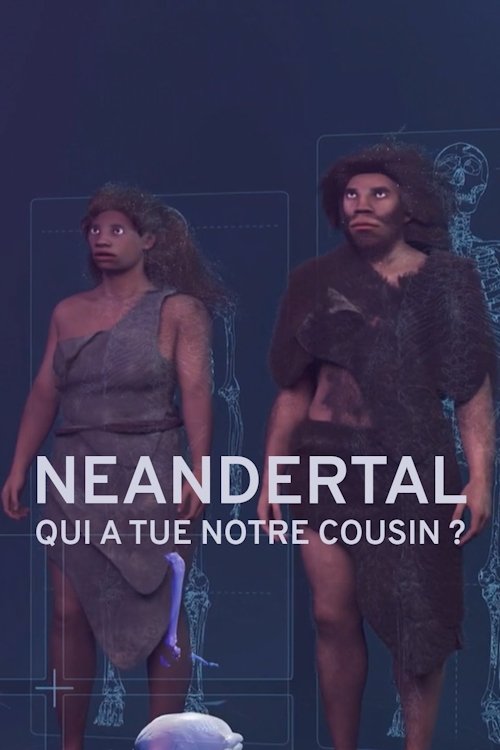Uncovering Our Earliest Ancestor: The Link (2009)
• April 26th, 2009 • 0h 59min
Documentary
Overview
Explores the story behind the discovery of an early primate fossil, Darwinius masillae, nicknamed Ida, in a shale quarry in Germany. The fossil is believed to be around 47 million years old, and is extraordinarily well-preserved. Originally unearthed in 1983, Ida lay in the hands of a private collector for 20 years before it was shown to a Norwegian paleontologist, Dr Jørn Hurum. Realising that Ida could turn out to be a significant missing link between modern primates, lemurs and lower mammals, he persuaded the Natural History Museum in Oslo to purchase the fossil and assembled an international team of experts to study it. Their findings were announced in a press conference and the online publication of a scientific paper on 19 May 2009.
Make sure to check your pop-up blocker!!
Trailer
Similar Movies
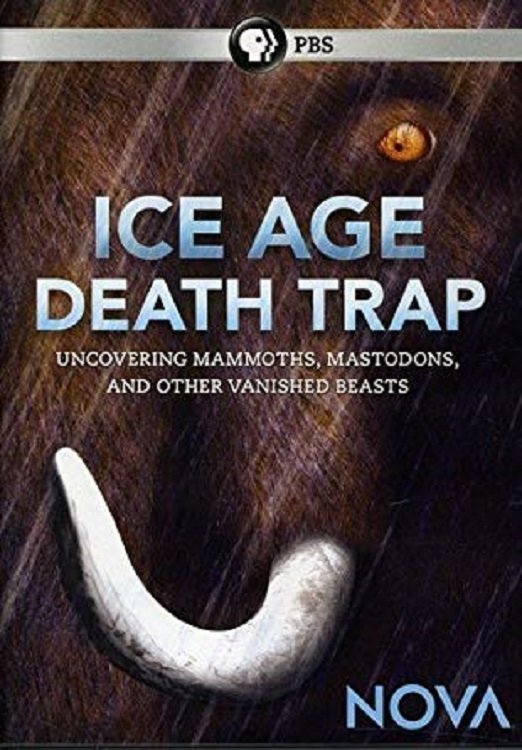
Ice Age Death Trap
Released on: 2012-02-01
Documentary
In a race against developers in the Rocky Mountains, paleontologists uncover a unique fossil site pa...
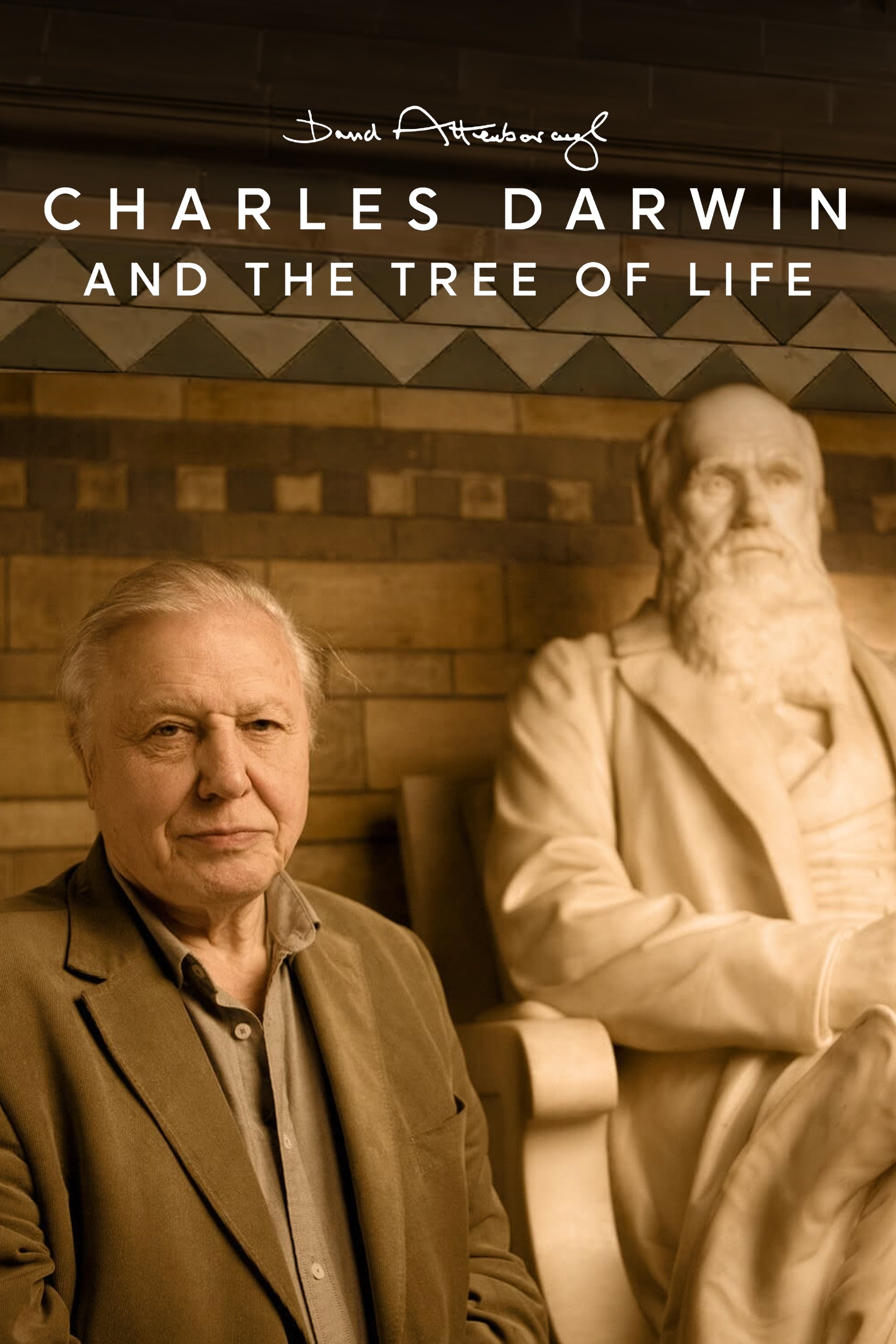
Charles Darwin and the Tree of Life
Released on: 2009-02-01
Documentary, TV Movie
Darwin's great insight – that life has evolved over millions of years by natural selection – has bee...

Out Of Europe
Released on: 2020-02-08
Documentary
Looking at whether the history of early human evolution should be rewritten. For decades, most exper...

Les Derniers Secrets de l'humanité
Released on: 2023-08-25
Documentary, History
This series incorporates the latest animated 3D films to explore recent discoveries about human hist...

Secrets of the Neanderthals
Released on: 2024-05-02
Documentary, Mystery, History
This documentary delves into the mysteries surrounding the Neanderthals and what their fossil record...

More Dinosaurs
Released on: 1985-08-14
Comedy, Documentary, TV Movie
Gary Owens needs more dinosaurs and sends Eric Boardman on the ultimate dinosaur safari to find them...

Where Did We Come From?
Released on: 2011-03-29
Documentary
Host Neil deGrasse Tyson tackles one of science's major challenges in each segment of Where Did We C...

Le grand roman de l'homme
Released on: 2014-01-01
Documentary
At what point in our evolution did we start talking? To paint, play music and travel? When did we bu...

Becoming Human
Released on: 2009-03-23
Documentary
NOVA's groundbreaking investigation explores how new discoveries are transforming views of our earli...
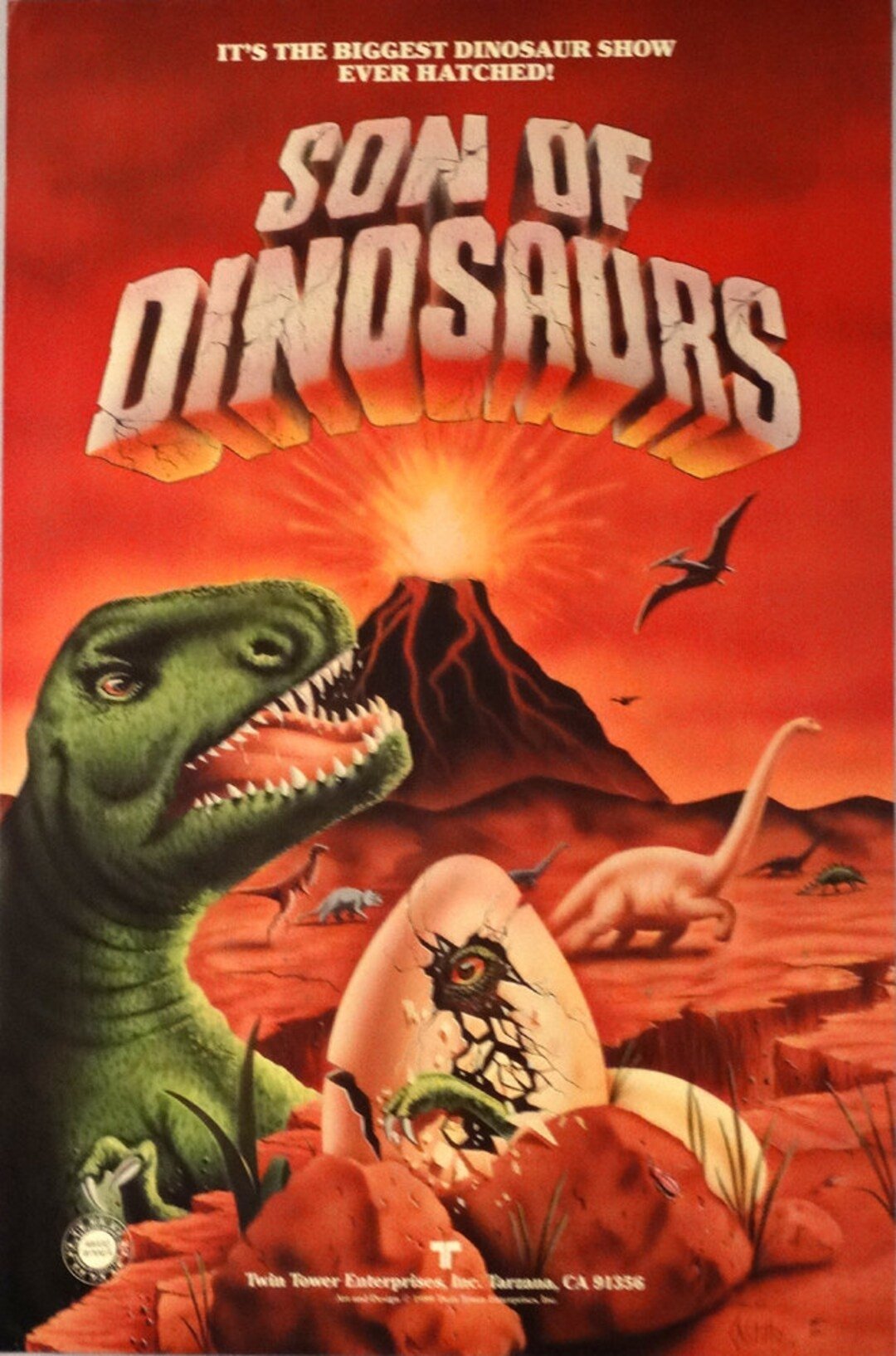
Son of Dinosaurs
Released on: 1989-11-29
Documentary, Comedy
The mysterious Dr. Lizardi entrusts Gary and Eric with a dinosaur egg. Now, they must find out ever...

Prehistoric World
Released on: 1989-11-29
Comedy, Documentary, TV Movie
First Stop...the Tar Pits, as Gary and Eric investigate the incredible creatures that came after the...
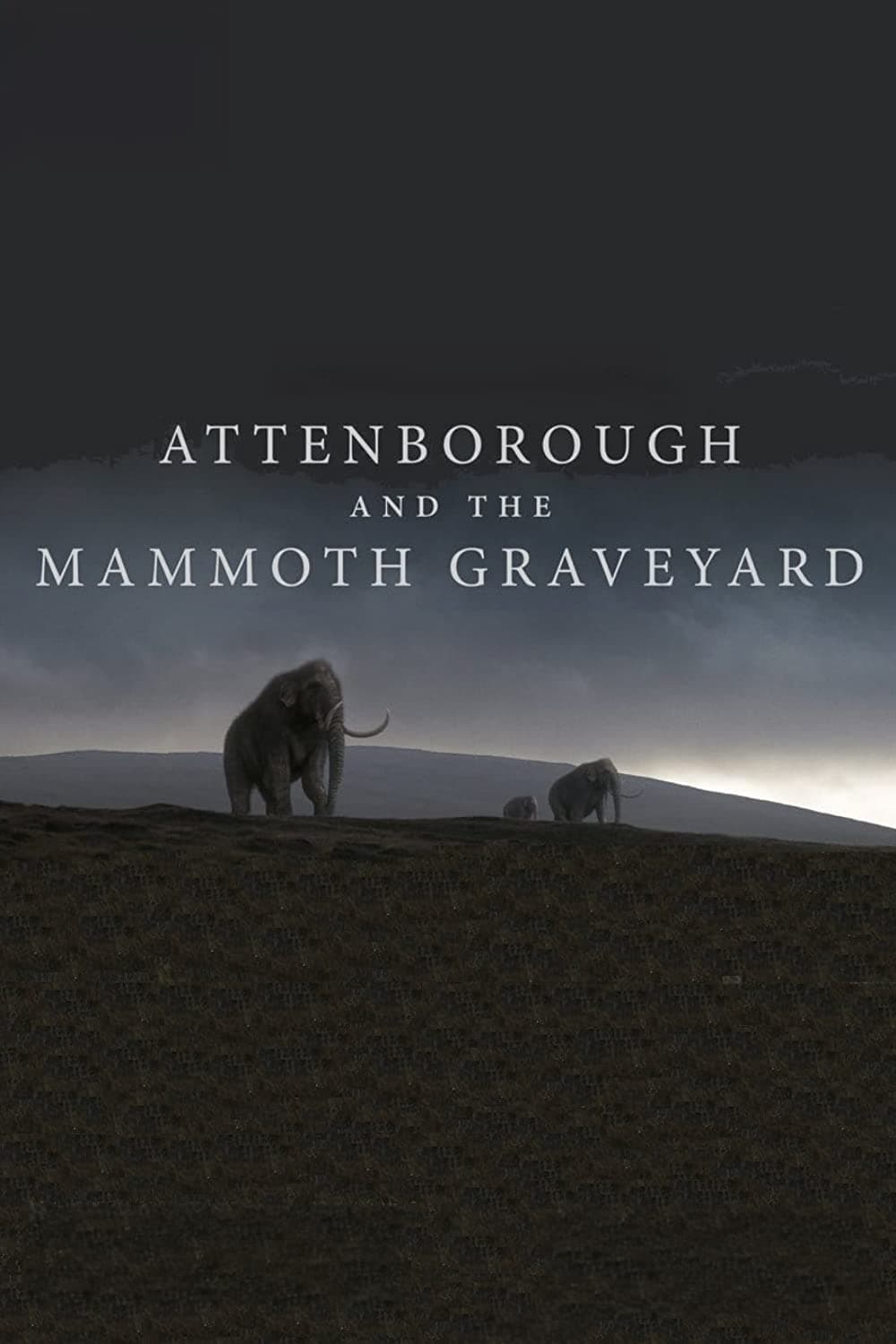
Attenborough and the Mammoth Graveyard
Released on: 2021-12-30
Documentary, TV Movie
Sir David Attenborough joins an archaeological dig uncovering Britain's biggest mammoth discovery in...
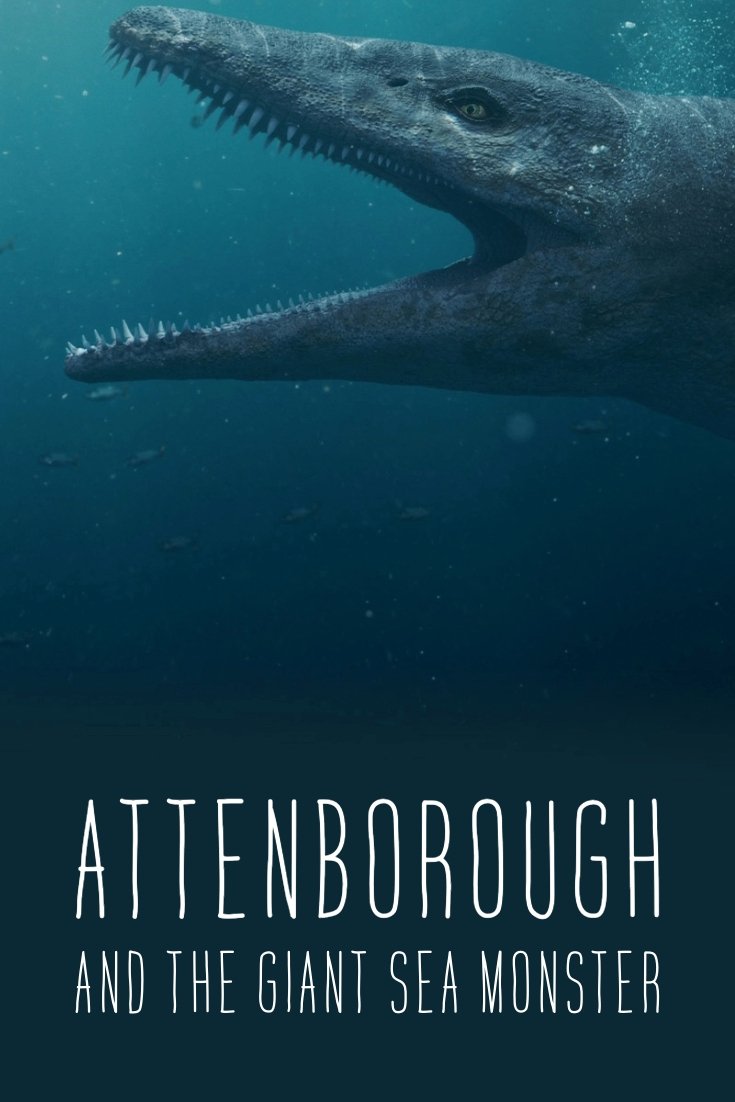
Attenborough and the Giant Sea Monster
Released on: 2024-01-01
Documentary, TV Movie
Sir David Attenborough investigates the discovery of a lifetime: the giant skull of a prehistoric se...
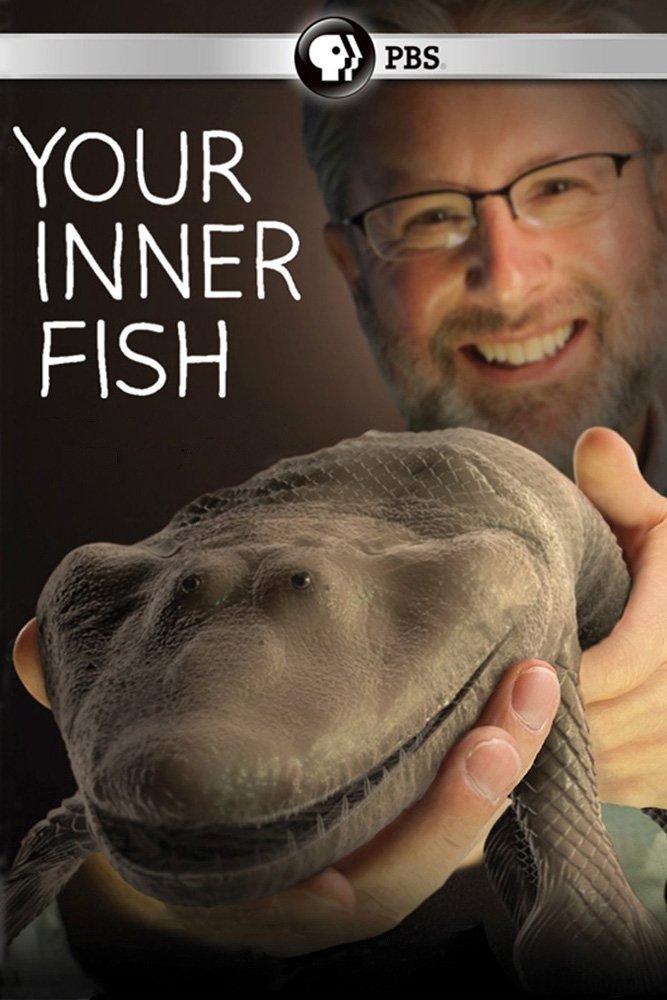
Your Inner Fish
Released on: 2014-04-09
Documentary
How did your body become the complicated, quirky, amazing machine it is today? Anatomist Neil Shubin...


